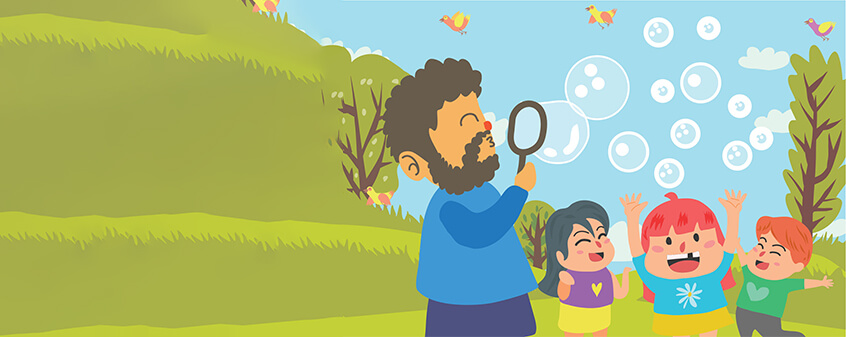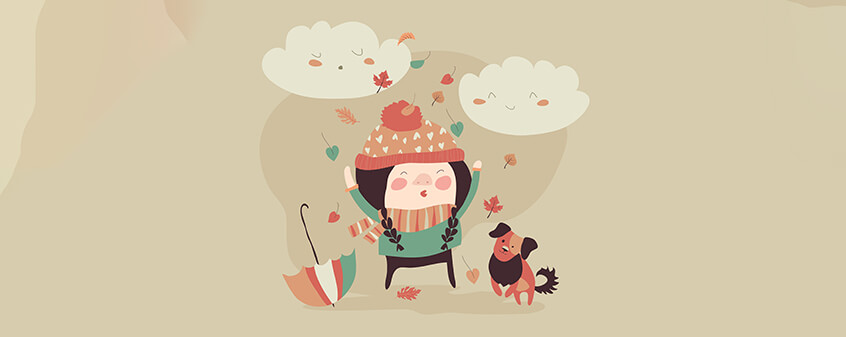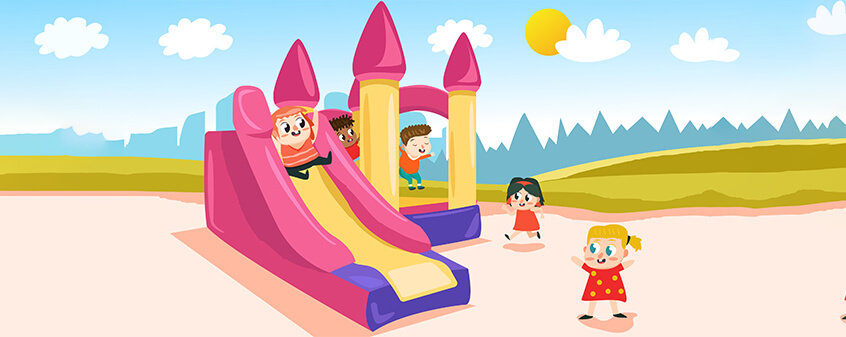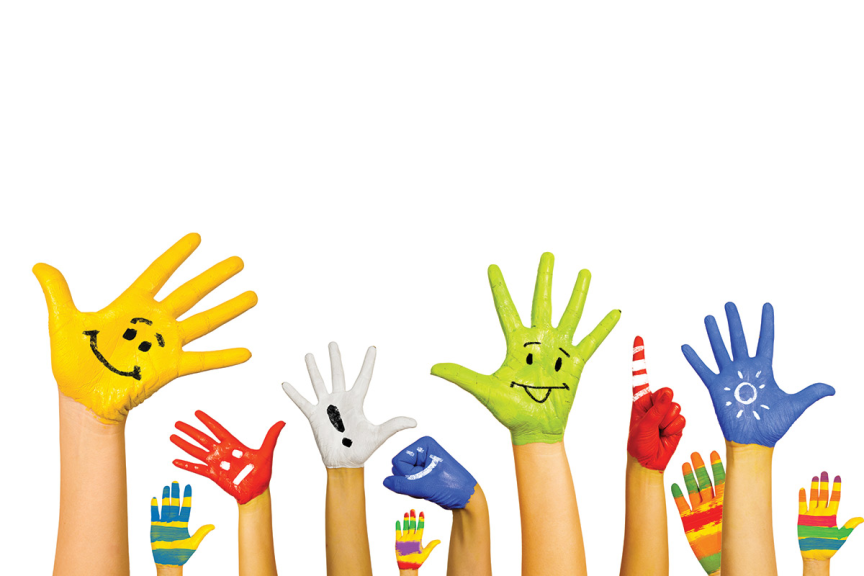Tween? Yes, there is such a word. I came across it a few days ago on Google, when trying to get my head around the best approach we can take with our twelve-year-old son.
Tween, also known as pre-teen or preadolescence is typically the age between 10-13 years, when your young one is no longer a child, but not yet an adolescent either. Little children, once so willing to get cuddled and hugged, suddenly want to maintain their distance. The child who once shared every secret with you starts to reason on what can be said. It can be heartbreaking for the ever-coddling Moms.
But the fact remains, that your pre-teen is not the same individual he/she was just a year or two ago. They have changed—physically, emotionally, socially and intellectually. They are developing new independence and want to have a say in matters that relate to them. They may even want to see to what extent they can assert themselves and push limits so far always set by parents. However, they may not realise, that they need you as much as ever. Because a strong relationship between the parent and child set at this stage lays the foundation for smoother adolescence years.
It may not be easy, because until now a parent you have been accustomed to making all the decisions for them. But to maintain a successful relationship with this “renewed” version of your child, you will have to start respecting their need for self-determination and self-sufficiency. Finding just the right balance with your tween, in all probability, will take some time. But ongoing communication with them during these years, and learning from the hits and misses, will be well worth the efforts spent.
When they were younger you could ask direct questions. How was your day at school? How did you do on the test? Now, the direct approach—bombarding them with questions about school and their day—doesn't work. To the tween, that suddenly feels pushy, overwhelming and at most times irrelevant. And it does not bode well as the start of a meaningful conversation. If you gradually start by giving them space and develop trust over a period of time, you can offer them a safe place to come back to no matter what happens in the new world they are living in. In doing so, you'll also be setting the stage for a smoother transition to their teen years.
Since I have a boy, I depend on my husband to be as much involved. I believe, as a male, he would be able to better relate to some of the challenges, having gone through them himself. However, I would want to be the kind of mother that my son can come to talk to candidly about all that is going on in his world.
Being a parent is the most joyful, exciting and challenging role that you play in your life. So here’s to the next challenge of this journey…
Bring it on!!
~ By Rashmi Kamran Bhatia
Parent of Yash Bhatia, Grade 7C








